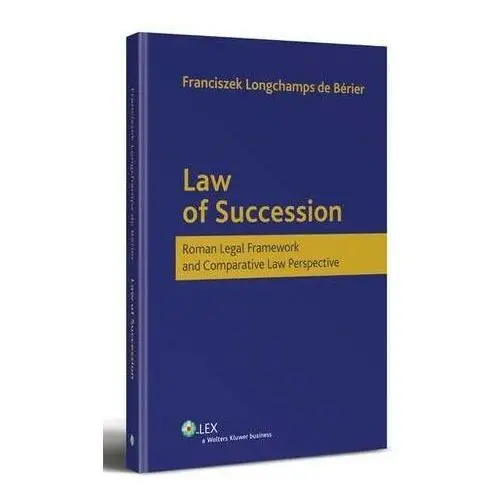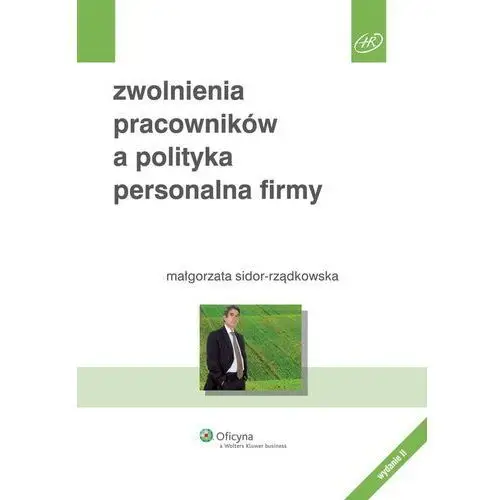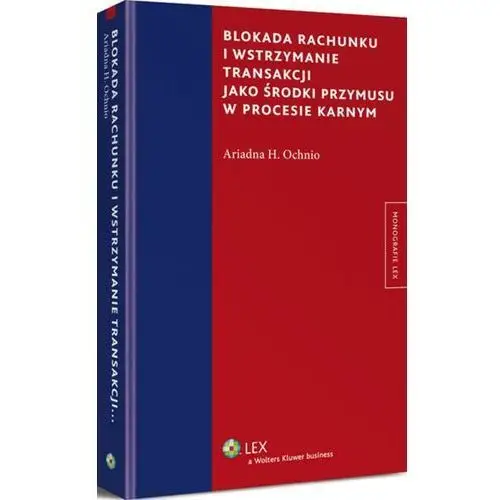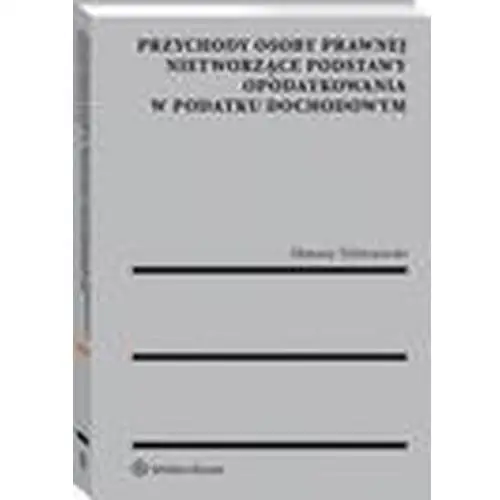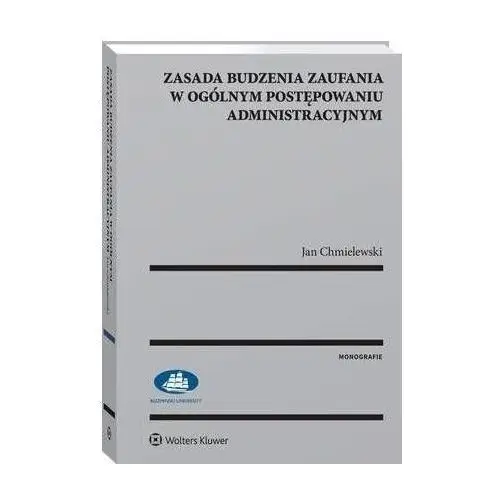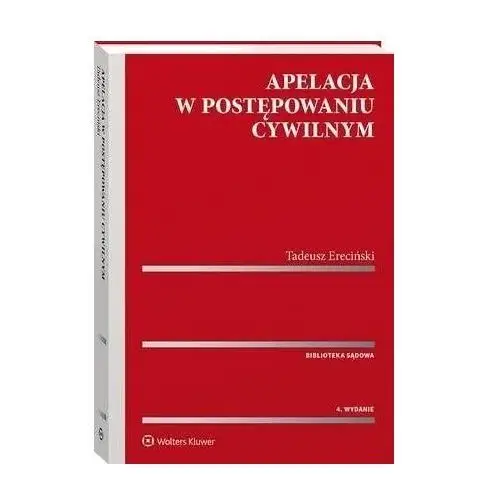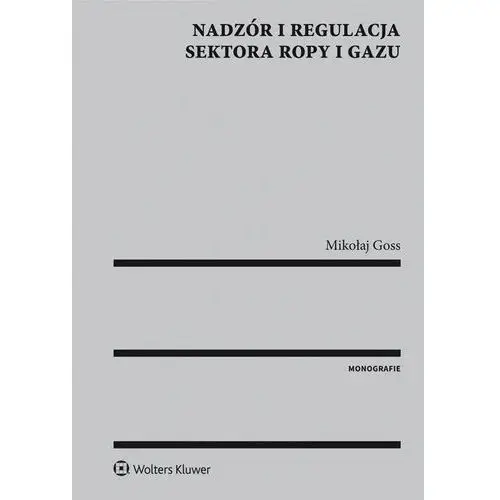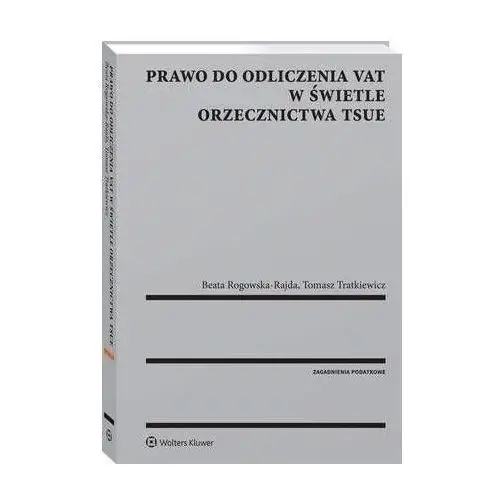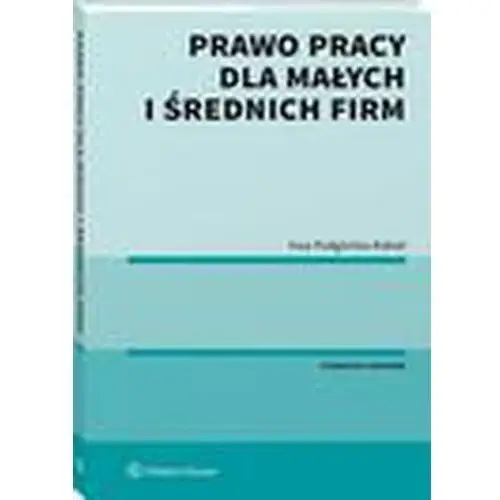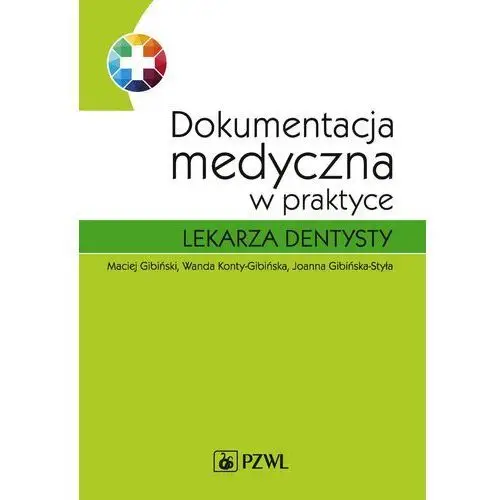\n\nThe experience of comparative law extends the experience of Roman law, verifies it and points to the dead-end alleys into which one can be led if the precepts of Roman law are slavishly followed. Roman law should, however, be included in analyses of comparative law.
If these analyses are thorough and based on an understanding of the law and its mechanisms, aims, values and principles, and do not simply involve comparing clauses or consist in arguing to prove a hypothesis that has been formulated in advance then they are aware of and they prove the great value of the experience of Roman law.
The Roman law of succession, which was so well developed and dogmatically rich, evolved over many centuries thus constituting a jurisprudential framework of concepts. This framework can be treated as the language that is used for talking about the law of succession in general, irrespective even of which legal tradition the binding regulations derive from.
Knowledge of the Roman law of succession allows any law of succession to be described. The Roman law of succession also creates the framework for discussion about the law of succession and regulations adopted by particular countries: about reforms, in the case of some countries, and building from scratch in the case of others.
Furthermore, on account of the legal experience and specifically as a language of understanding, it creates excellent opportunities for the debate on the unification of the law of succession in Europe.
